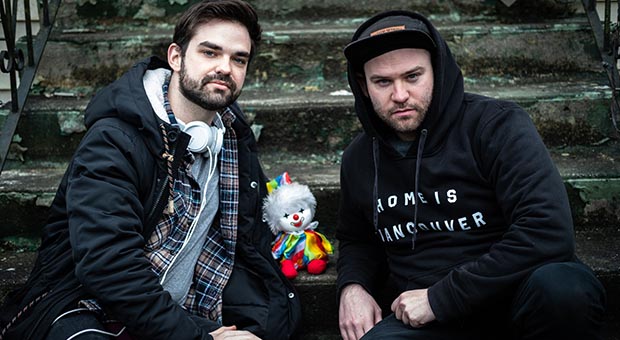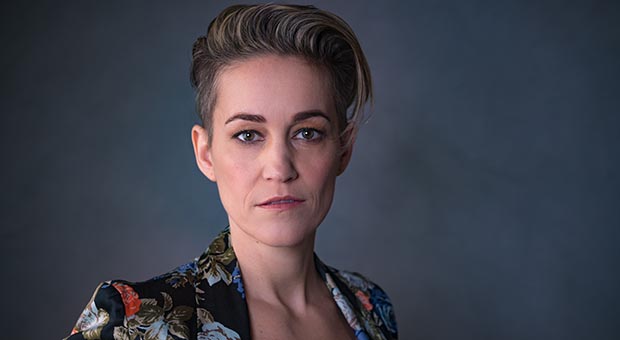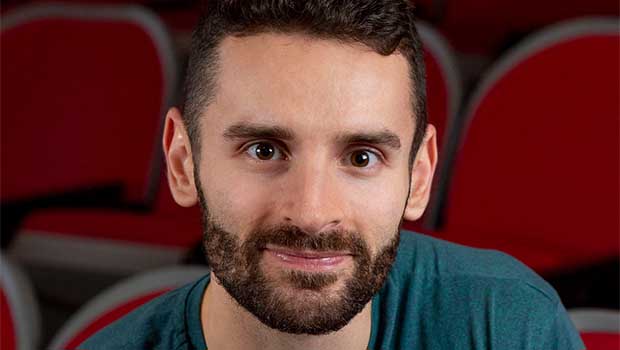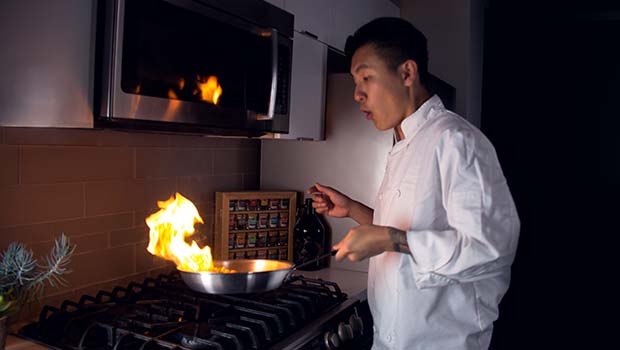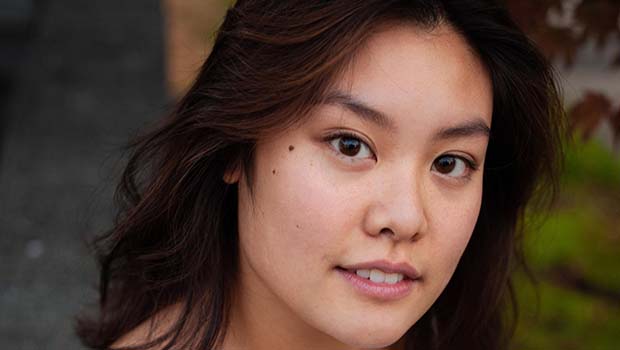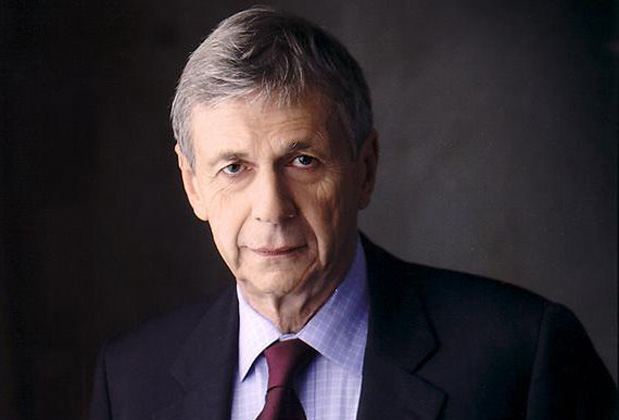
11 Jul The Biz Interview: William B. Davis for “Where There’s Smoke… Musings of a Cigarette Smoking Man”
Canadian actor William B. Davis is best-known in pop culture circles for his fabled role on The X-Files as Cigarette Smoking Man. Representing just one of many distinguished experiences for him during his prosperous acting career, he chose this year as the appropriate time to reflect on his life and career by penning a memoir.
We spoke with William B. Davis to get his insights into Where There’s Smoke … Musings of a Cigarette Smoking Man and the various musings that we can expect to see.
Can you walk us through the process of writing this book – from the early stages to publishing? Why was now the right time to make it happen?
To write a memoir one has to be a certain age; old enough to have a story to tell and not too old to tell it. Early seventies seemed about right.
I had often thought about writing a memoir, my idiosyncratic background surely of interest to aficionados of Canadian theatre if no one else. It was Jerry Wasserman from UBC who first suggested it and directed me to Fred Euringer’s memoir, A Fly on the Curtain, that dealt with a similar period from my early life, summer stock and University of Toronto in the late fifties. I also read my friend David Helwig’s memoir, The Names of Things, also about the same period.
Would the book be about early Canadian theatre or about my life as a late blooming celebrity? I decided on both. And added my life in the British theatre in the dynamic sixties.
Not only is the book a history of theatre and film, it is also a social history spanning the early postwar period to the present. And I am far too candid about my personal life.
Of course my X-Files experience is important and has many fans, but equally important was the light I could shed on the development of theatre in Canada.
In the book, you discuss how chance factors into the career of any actor. What can today’s actors do to increase their “luck” in the hopes of having a more successful career?
I suppose I should suggest all those things I hate doing and rarely do. Going to the right parties, meeting the right people. Being a first rate actor is all that you can control. Whether you are the right size or look is out of your control.

What kinds of discoveries can your fans expect to learn about you from reading this book that they might not know already?
Few fans of The X-Files, few producers of The X-Files, were aware of my long career in Canadian and British theatre. They will learn more of my personal life than I should have revealed. And they will learn of my personal history with the show and my thoughts about it.
You mention that Bill Davis has had many different lives. What are the accomplishments that you are most proud of as an actor and also as a person?
I am proud of my early career as something of a boy wonder in the theatre – as a director, not an actor.
I am proud and surprised to have become a successful actor, a career path I had abandoned in favour of directing when I was 20.
My short film, which I wrote, directed, and performed in, Packing Up, is still especially meaningful for me.
Founding The William Davis Centre for Actors’ Study in 1993 which continues to this day.
I am pretty pleased that at age 74 I can still climb the Grouse Grind and water ski competitively.
How influential do you feel that The X-Files was for science fiction, television, and also the Vancouver film and TV industry?
No doubt the success of The X-Files has brought attention to Vancouver as a location for science fiction projects. Many have followed, notably Supernatural and Fringe and more recently, Continuum.
How do you handle the challenge of being closely tied to one character without being typecast? What steps can actors take to avoid that and what can they do to also further their enjoyment of playing the same character on a regular basis?
Of course I am typecast sometimes. But I’m fine with that. Fortunately I am quite a different person than the character I played on X-Files so frequently I play very different roles. I don’t know how one deals with playing the same character for hundreds of episodes – I only did 35 episodes of X-Files. For me the character kept changing in subtle ways and deepening.
What’s the best advice you’ve been given in your career and what’s the most important thing from your own experience that would share with today’s actors?
On my first day as an acting student at LAMDA in London, the principal told us all to be happy, to accept that we had talent or we wouldn’t be there, and allow our work to grow. For me, beating young actors into submission is to risk destroying their talent to say nothing of debasing them as people. Talent is to be nurtured like a plant, provided with nutrients and a healthy environment. If you pull it out of the ground every week to see how it is doing you will surely kill it.
You’ve been acting at many different points in your life and have been able to witness a lot of different actors come and go throughout the industry. Which actors really stood out for you in your earlier years and which ones impress you with their work now? From your vantage point, what are the elements that make someone a legitimate talent?
There were many actors in my early years, Michael Redgrave, Joan Plowright, Paul Newman, Geraldine Page, Albert Finney. Now, Ian McKellen, Judi Dench, Anthony Hopkins.
Is there a difference between a talent and an actor? There are many film actors with amazing talent but limited to a narrow range of film and television work. To be a major star one needs training and experience in both theatre and film.
But any actor must be able to put herself in imagined circumstances and live truthfullu.
What books have been important to you throughout your career and were there any that inspired you when it came time to write your own?
I have read widely on subjects such as evolutionary biology and climate change that have influenced my thinking about life in general. I read many memoirs when I came to write mine. Peter Hall, Judi Dench, Amelia Hall, and Fred’s and David’s mentioned above. I read Christopher Plummer’s and William Shatner’s but felt I wanted to write a different kind of book.
Theatre books – Larry Moss, Hart, Uta Hagen, and, of course, Constantin Stanislavski.
What other projects are you involved in right now?
I have a small but key role in the new series Continuum. Tall Man will be released at the end of August. I shot a new Steve Austin action movie, The Package, and a low budget science fiction feature, The Singularity Principle. A lovely docudrama, The Mountain Runners has just been released. I am looking at other writing projects, a new book on acting and a new translation of Feydeau. And some directing projects are being discussed for 2013.
Where There’s Smoke … Musings of a Cigarette Smoking Man is available for purchase at WilliamBDavis.com.

